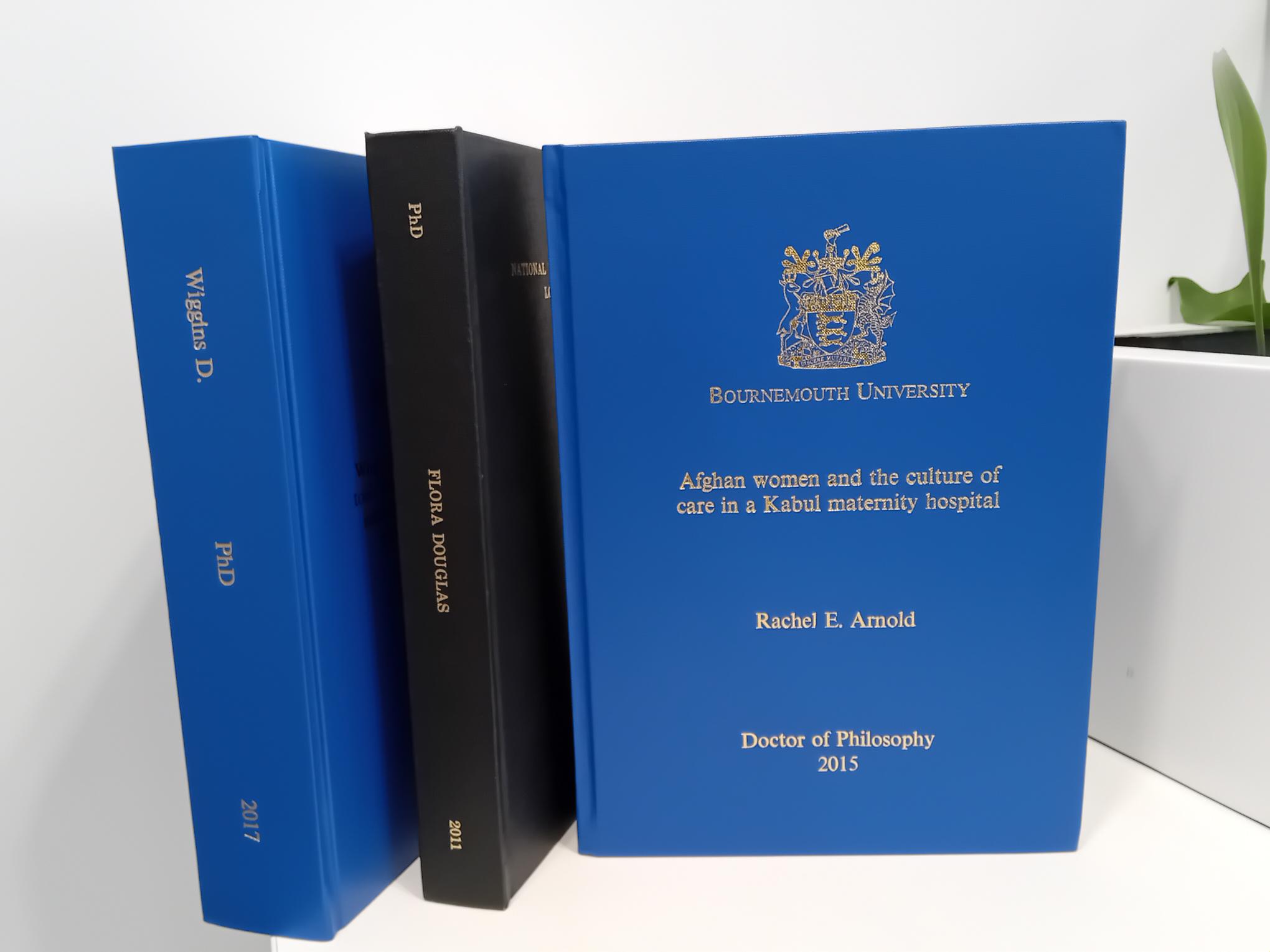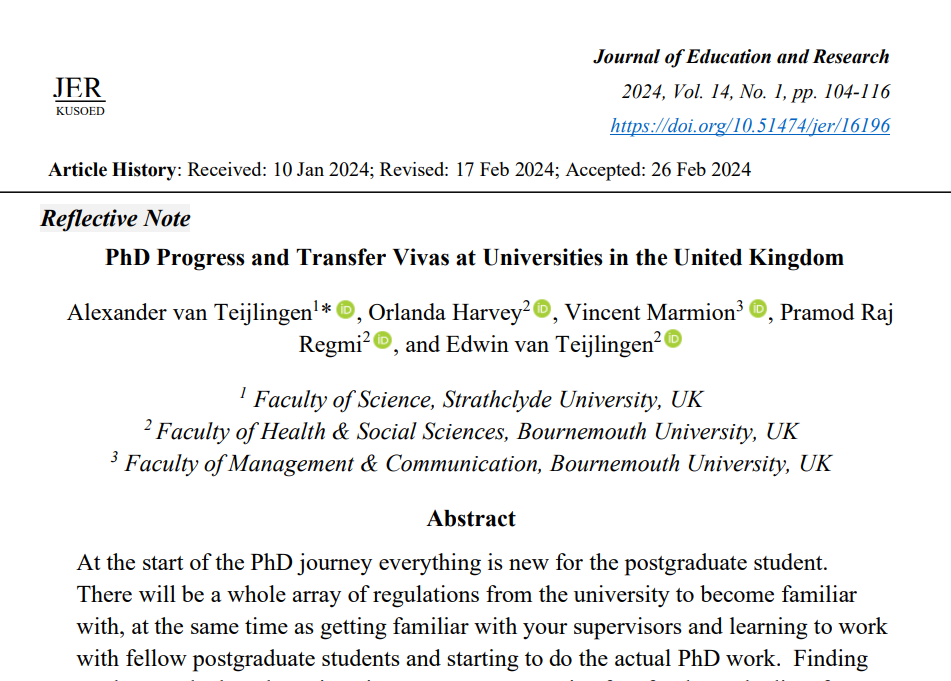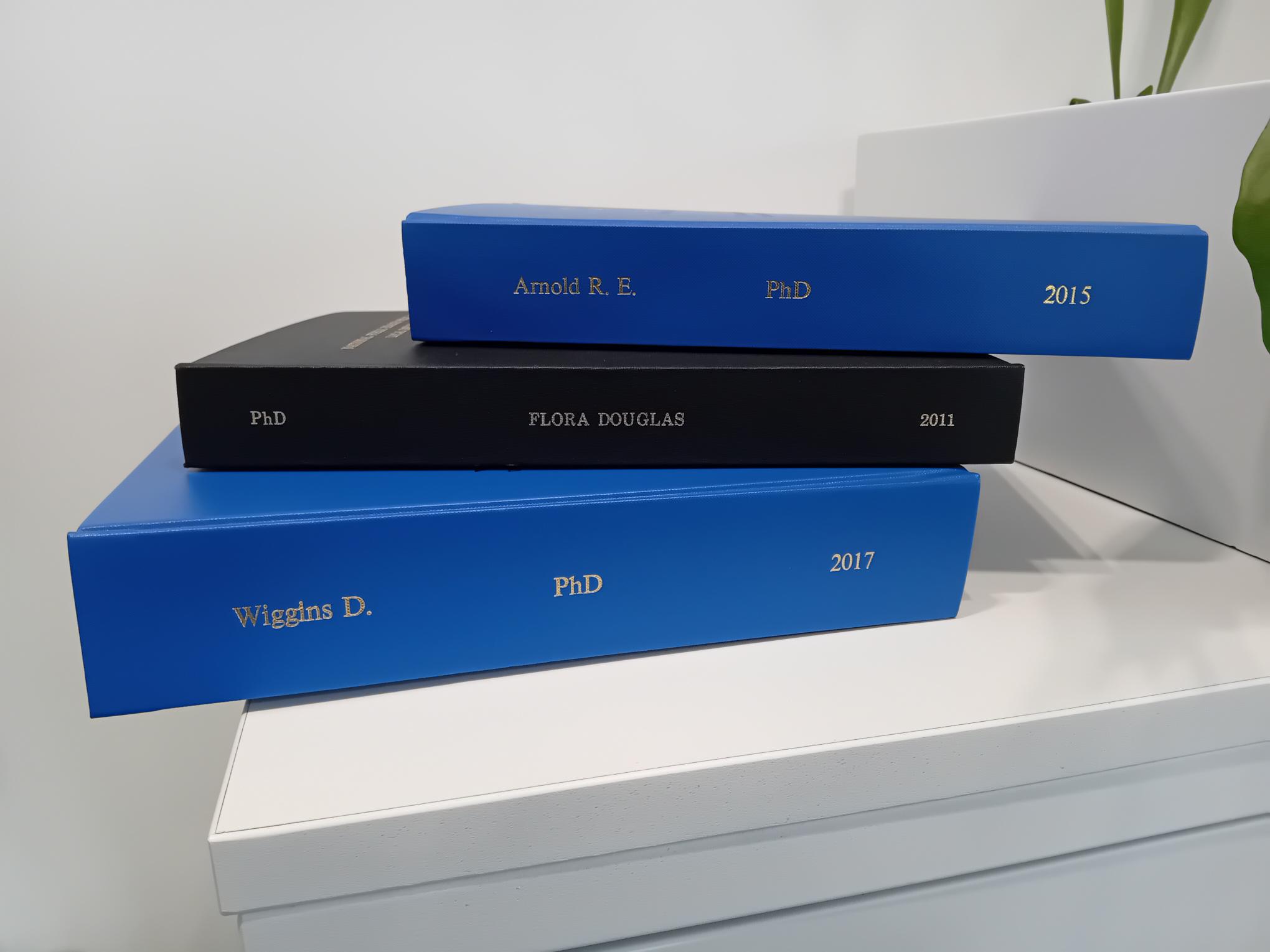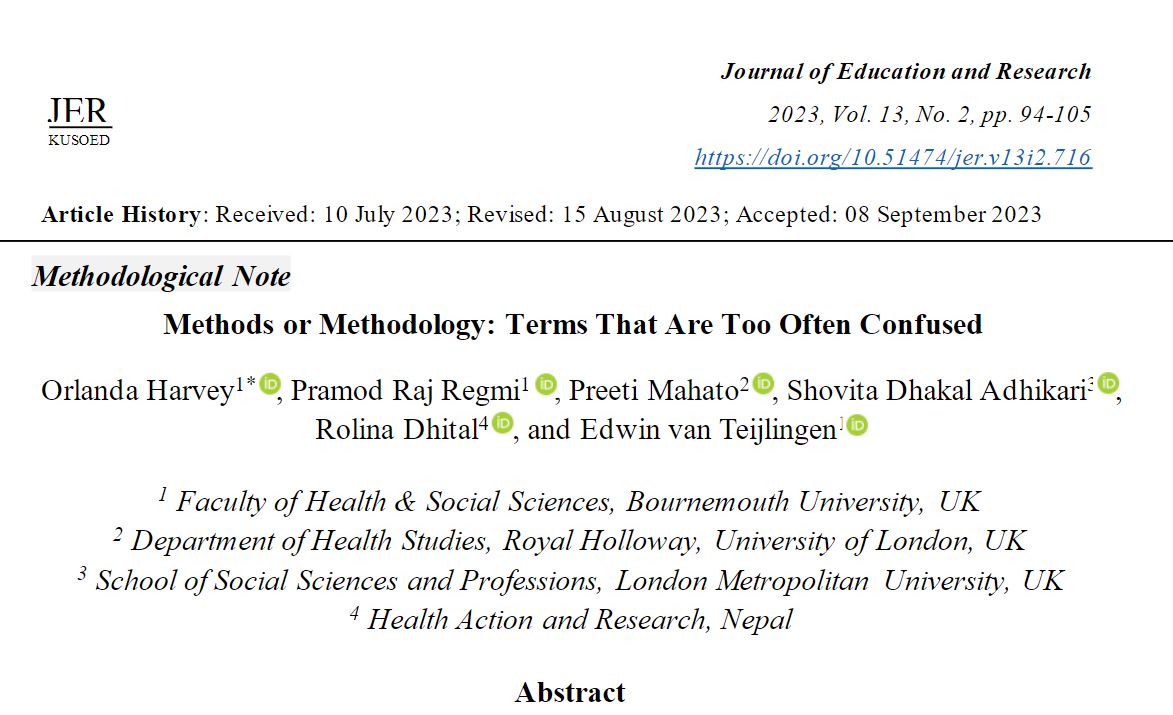Postgraduate students, especially PhD students dramatically expand a university’s research capacity. They contribute significantly to data collection, analysis, the day-to-day management of research projects, and publications that might otherwise be impossible to sustain. Postgraduate students are central to progressive research-active communities. PhD student also frequently serve as mentors to undergraduate researchers or Masters’ students, creating a cascade of learning that benefits all participants.
Beyond individual projects, postgraduate students help build research infrastructure through their contributions to lab management, protocol development, the exchange of innovative ideas, and so on. These contributions create lasting benefits to staff as well as higher education institutions. Academic communities with PhD students often promote collaboration, provide emotional and intellectual support, and create spaces where ideas can be tested and analyses refined before wider dissemination.
This expanded capacity allows universities to pursue more ambitious research agendas and respond to complex challenges requiring multidisciplinary approaches. The postgraduate journey requires carefully planned mentorship, giving students increasing autonomy, and ownership of their scholarly contribution. This apprenticeship model has proven remarkably effective in preparing the next generation of academics for centuries.
This blog was created as part of the Professional Discourse in the Age of AI: an interactive writing workshop facilitated by Prof. Debbie Holley and Prof. Carol Clark in the Faculty of Health & Social Sciences at Bournemouth University. Since last week’s workshop was on the topic, we have used the help of AI in the writing of this BU Research Blog!
Dr. Kathryn Collins, Prof. Vanora Hundley & Prof. Edwin van Teijlingen

















 Beyond Academia: Exploring Career Options for Early Career Researchers – Online Workshop
Beyond Academia: Exploring Career Options for Early Career Researchers – Online Workshop UKCGE Recognised Research Supervision Programme: Deadline Approaching
UKCGE Recognised Research Supervision Programme: Deadline Approaching SPROUT: From Sustainable Research to Sustainable Research Lives
SPROUT: From Sustainable Research to Sustainable Research Lives BRIAN upgrade and new look
BRIAN upgrade and new look Seeing the fruits of your labour in Bangladesh
Seeing the fruits of your labour in Bangladesh ECR Funding Open Call: Research Culture & Community Grant – Apply now
ECR Funding Open Call: Research Culture & Community Grant – Apply now ECR Funding Open Call: Research Culture & Community Grant – Application Deadline Friday 12 December
ECR Funding Open Call: Research Culture & Community Grant – Application Deadline Friday 12 December MSCA Postdoctoral Fellowships 2025 Call
MSCA Postdoctoral Fellowships 2025 Call ERC Advanced Grant 2025 Webinar
ERC Advanced Grant 2025 Webinar Update on UKRO services
Update on UKRO services European research project exploring use of ‘virtual twins’ to better manage metabolic associated fatty liver disease
European research project exploring use of ‘virtual twins’ to better manage metabolic associated fatty liver disease